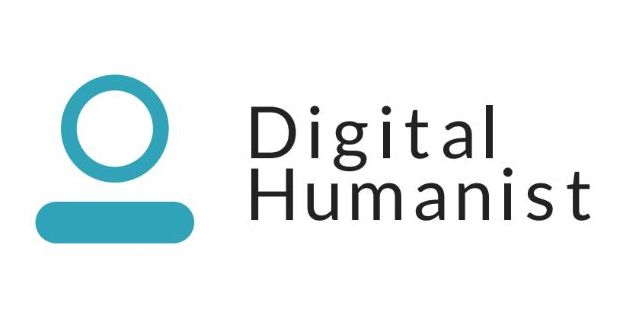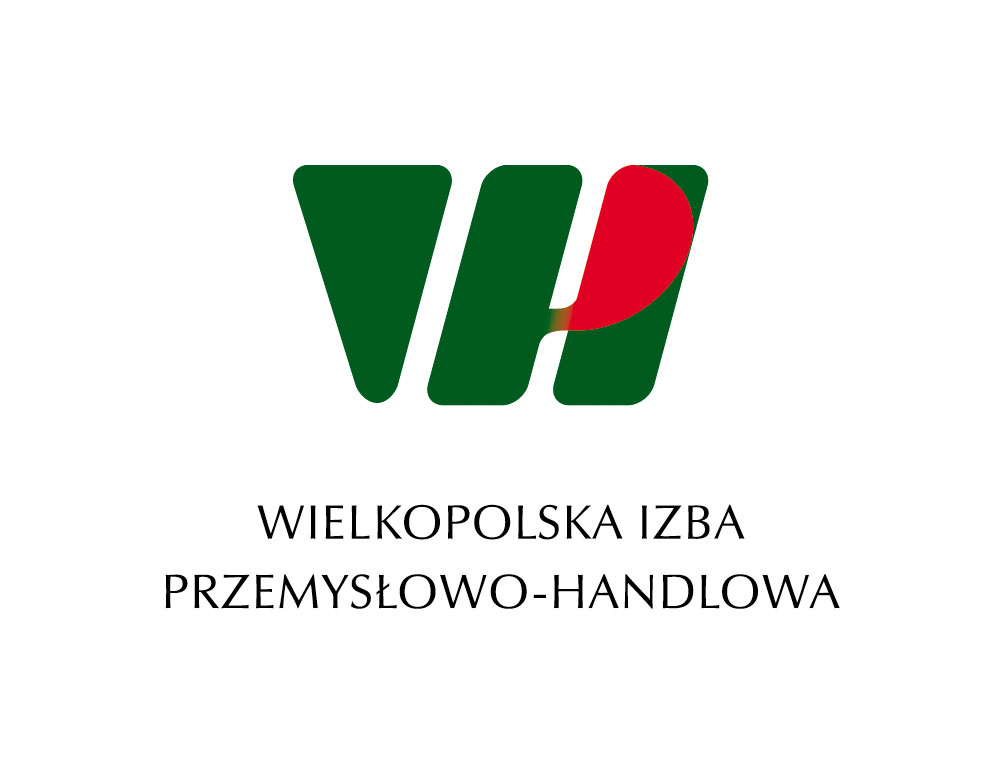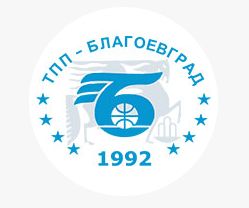
The „Digital Humanist” project intends to develop a set of digital and entrepreneurial skills for students of humanistic extraction of the European partner universities, useful to innovate the range of products and services to promote and access cultural assets in a digital key, with land branded content experiential marketing solutions (digital storytelling, web-coms, web-series, sketch-coms, fiction), and the most advanced technologies (3D digital and augmented reality, mobile applications, immersive use environments, etc.) as innovation catalysts to support the evolution of digital-based services in the cultural supply chain.
The Project’s objectives will be achieved by realizing the following activities:
- Design of the new „Digital Humanist” curriculum based on three dimensions:
- cognitive (learning by thinking) to be used in blended mode, mixing classroom and e-learning with the use of OER
- operational (learning by doing) in on the job training, to conduct check-ups at CCIs
- behavioural (learning by acting) with the creation of digital cultural communication stories
- Implementation of the OERs to develop skills in students to valorise the cultural assets of the area, using the most appropriate technologies and innovation to communicate identity and local values
- Design of the Handbook to create digital, cultural stories to manage all types of communication in the cultural field by applying techniques of the territorial narration series (from web-series to sketch-coms)
- creation of the DIGIT interactive learning environment, as an interactive learning space, built with 2D/3D animations, tutorials (OER), tests and case histories, to develop the target skills
- a mobility of a group of partnership teachers for methodological alignment aimed at developing in the learners the skills needed to manage processes and projects of territorial and experiential brand-land marketing
- the conduct by the learners of company check-ups at the CCIS sought by the partnership to analyse cultural communication processes, highlighting strengths and areas of improvement for the digital transformation of cultural contents
The results concern:
- the creation of an international multi-actor network between Universities, Training and Consultancy bodies, Enterprises, Business organisations that integrates expertise of an academic, technological, methodological and productive nature to adapt HE programmes to the current and future needs of the labour market
- the adoption of a new University curriculum, based on a Digital Humanist, that consists of an international didactic framework that is integrated and permanent that through methodological innovation will allow people to develop the target skills, with innovative, interactive, flexible skills that can be adapted to the needs of learners of the labour market
- digital integration in learning, facilitating access to a variety of OERs, developed with visual thinking techniques, that can be freely accessed on line for at least 2 years after project end
- developing forms of social/collaborative learning opportunities facilitated by the creation of the DIGIT learning environment as an interactive learning space
- the involvement of a group of at least 75 students (15IT, 15ES, 15GR, 15BG and 15PL) in the testing of:
- the OERs
- the learning environment and other teaching material for further investigation elaborated by the partners and/or sought online, chosen on the basis of the criteria agreed by the partnership
- free offline and online tools provided by the partnership to create involving narratives that are visually intriguing
- The Handbook to create digital stories to valorise the territory to conceive, design and produce exciting stories dedicated to narrating the territorial cultural assets
- the achievement by partnership trainers, following the mobility, of a methodological alignment to develop the students’ skills required to manage of territorial experiential and brand-land marketing processes and projects responding to the current and future needs of the territorial systems to develop the supply chain of new experiential, cultural tourism. Following the mobility, the trainers will guide the students in creating at least 9 digital stories (2IT, 1ES, 2GR, 2BG and 2PL), created by applying the aforementioned handbook on the field.
- The implementation by the students of the company check-ups in the companies of the creative and cultural supply chain sought by the partnership in order to analyse cultural communication processes, highlighting the strengths and areas of improvement to favour the transformation, in a digital key, of solutions, technologies and language adopted to create the diffusion of cultural contents.
- the creation of the website and the section dedicated to Digital Humanist STORY, a digital cross-media book to narrate the salient moments and experiences of the project
- identifying the opportunities provided by regional, national and community calls, to implement and transfer results to new contexts
Please see project page: www.digitalhumanist.unisa.it
THE PARTNERSHIP
The Partnership involves 9 partners from 5 EU Countries (IT, ES, GR, BG and PL) expression of:
AKADEMIC SYSTEM
www.unisa.it
https://www.ua.es/
http://ips.bg/en/
www.ue.poznan.pl
THE CHAMBER SYSTEM
www.wiph.pl
http://cci-bl.org/en/en_home/
Other
IACuDiT – International Association of Cultural and Digital Tourism
Projekt realizowany w ramach programu Unii Europejskiej ERASMUS +
O programie Erasmus+
Erasmus+ to program Unii Europejskiej w dziedzinie edukacji, szkoleń, młodzieży i sportu na lata 2014-2020. Jego całkowity budżet wynosi 14,7 mld euro. Erasmus+ opiera się na osiągnięciach europejskich programów edukacyjnych, które funkcjonowały przez 25 lat, i jest wynikiem połączenia następujących europejskich inicjatyw realizowanych przez Komisję Europejską w latach 2007-2013: programu „Uczenie się przez całe życie”, programu „Młodzież w działaniu”, Erasmus Mundus, Tempus, Alfa, Edulink, oraz programów współpracy z krajami uprzemysłowionymi w dziedzinie szkolnictwa wyższego.
Podstawowe dane liczbowe:
- 4 mln osób skorzysta z programu;
- 2 mln studentów skorzysta z programu;
- 800 tys. wykładowców, nauczycieli, szkoleniowców, przedstawicieli kadry edukacyjnej i osób pracujących z młodzieżą będzie uczestniczyć w projektach mobilności pracowników;
- 25 tys. partnerstw strategicznych połączy 125 tys. szkół, instytucji kształcenia i szkolenia zawodowego, instytucji szkolnictwa wyższego i kształcenia dorosłych, organizacji młodzieżowych i przedsiębiorstw;
- 150 sojuszy na rzecz umiejętności sektorowych zostanie ustanowionych przez 2 tys. organizatorów kształcenia i szkolenia zawodowego oraz przedsiębiorców;
- 150 sojuszy na rzecz wiedzy zostanie ustanowionych przez 1,5 tys. instytucji szkolnictwa wyższego i przedsiębiorstw.
Program DIGITAL HUMANIST to kolejny program realizowany przez Izbę w partnerstwie z europejskimi wyższymi uczelniami, zainteresowanych tematyką i rozwojem narzędzi edukacyjnych prosimy o zapoznanie się z informacjami na stronie projektu: www.digitalhumanist.unisa.it





